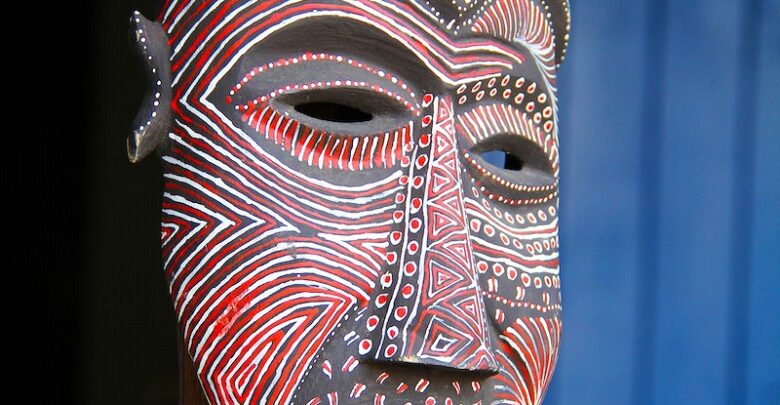
With around 3,000 ethnic groups and 2,000 language varieties, Africa is a continent with fascination around every corner. There are a multitude of ethnic groups in West Africa. Christianity and Islam have spread widely across West Africa; however, native West African religions and their traditions still influence everyday life in the region.
The dazzling diversity of West African funeral traditions is unparalleled. In West Africa, the older women are typically in charge of preparing the body. The body is washed and laid in state in his or her finest clothes. It is considered taboo touch the body of the deceased until the bathing ritual is complete. In many West African societies, it is customary to place gifts in the casket before burial. Burial items are believed to contribute to a better transition into the afterlife. Outward expression of loss, such as public wailing and communal weeping, are the emotional climax of these traditional funerals. Mourners visit the burial site in the days and weeks that follow burial, where they pray that the spirit of the deceased finds peace. A West African memorial service, sometimes held a few weeks to a year after burial, is marked with dancing, singing, and drumming to honor the loved one.
In the West African tradition, funerals are not only a rite of passage that prepares an individual for the spirit world, but also a main unifying event for loved ones.
Woodlawn continues to be a non-sectarian cemetery without a specific religious affiliation.
